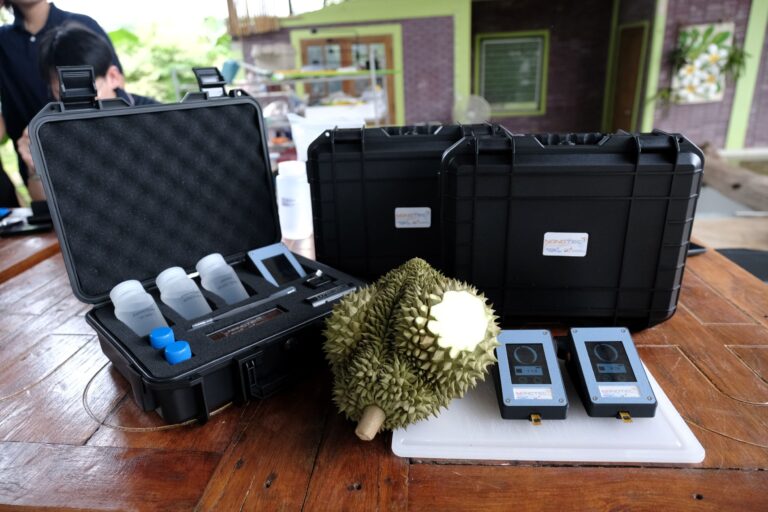An investigation by a group of Thai researchers has demonstrated that Caveolin-1 (Cav-1) plays an important role in the migration and invasion of human lung cancer cells and that these effects are regulated by cellular reactive oxygen species (ROS). The group used transfected human lung cancer cells with Cav-1 plasmid which were incubated and cultured prior to performing migration assay.
“The result of this investigation shows the effect of ROS on cell migratory functions is dependent on Cav-1 expression and is associated with Akt activity” said Dr. Ubonthip Nimmannit of National Nanotechnology Center (NANOTEC). “The activation of Akt activity by Cav-1 helps to mediate cancer cell migration and is likely to play an important role in the ROS induced effect on cell motility alteration”.
The investigation reveals the differential role of individual ROS on cancer cell mortility and Cav-1 expression helps to better understand tumor progression and metastasis which is considered important in cancer research.
Collaborators on this investigation included Chulalongkorn University, West Virginia University, National Institute for Occupational Safety and Health, West Virginia, and NANOTEC. The researchers reported their investigation in a paper published by the Journal of Biological Chemistry.





